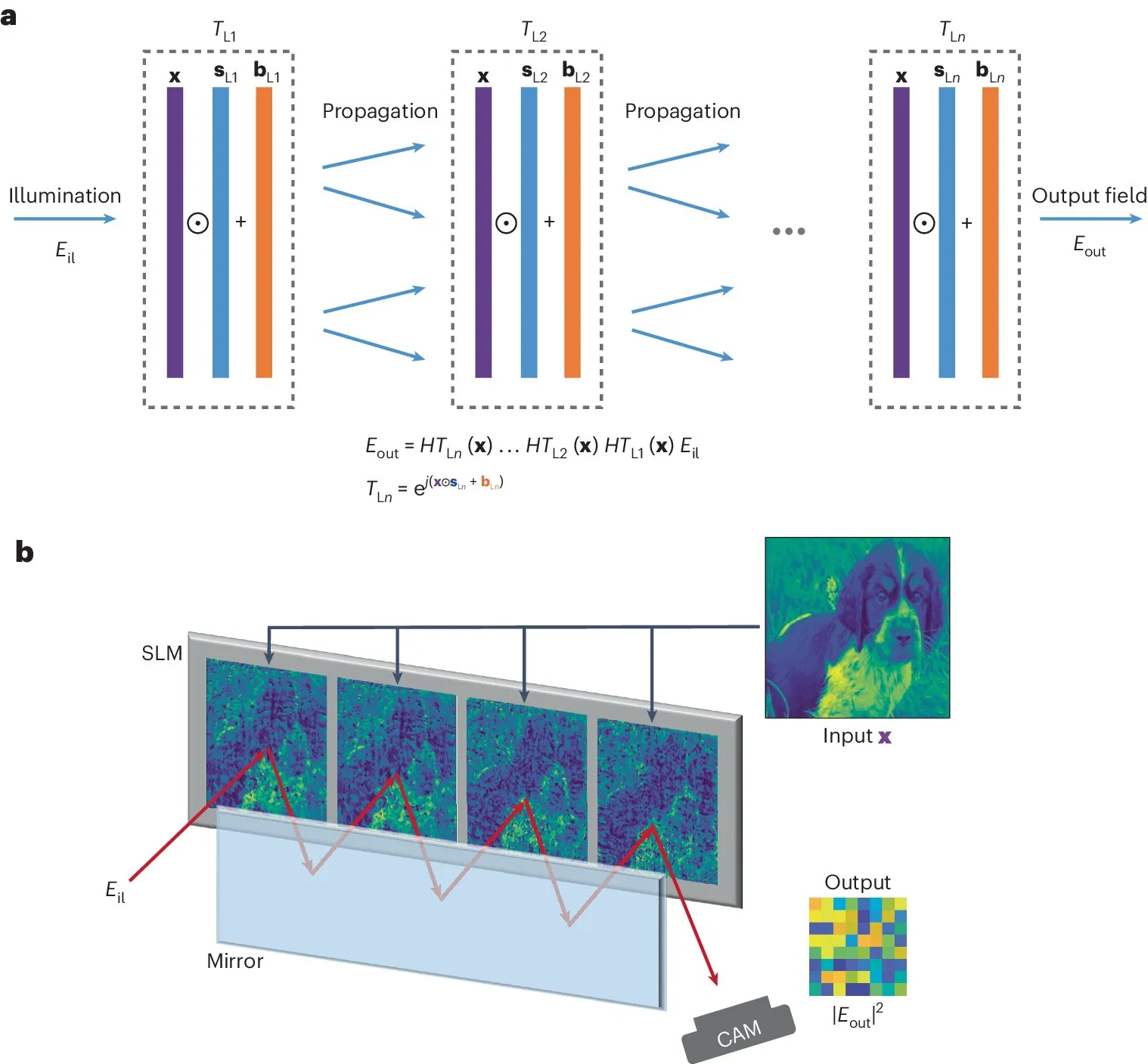EPFL Researchers Create Programmable Framework for Energy-Efficient AI

Introduction
EPFL researchers have made a significant breakthrough in the field of artificial intelligence by developing a programmable framework that mitigates a major computational barrier in optics-based systems.
Key Innovations
- Scattered Light Technology: The researchers harnessed scattered light from a low-power laser.
- Energy Efficiency: This method allows for computations using only a fraction of the energy typically consumed by electronics.
- Scalability and Accuracy: Their experiments demonstrated effective image classification, showcasing the framework's potential.
Conclusion
This advance in optics-based artificial intelligence could potentially revolutionize the field, making AI systems more energy-efficient and scalable. With less reliance on conventional electronics, researchers are paving the way towards more sustainable technologies.
This article was prepared using information from open sources in accordance with the principles of Ethical Policy. The editorial team is not responsible for absolute accuracy, as it relies on data from the sources referenced.